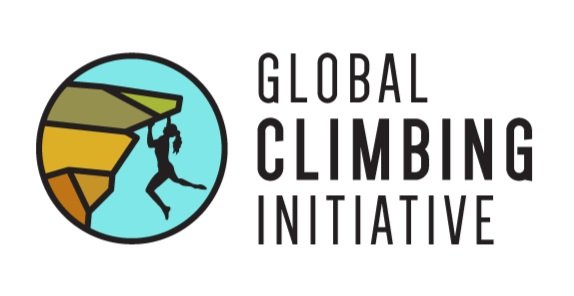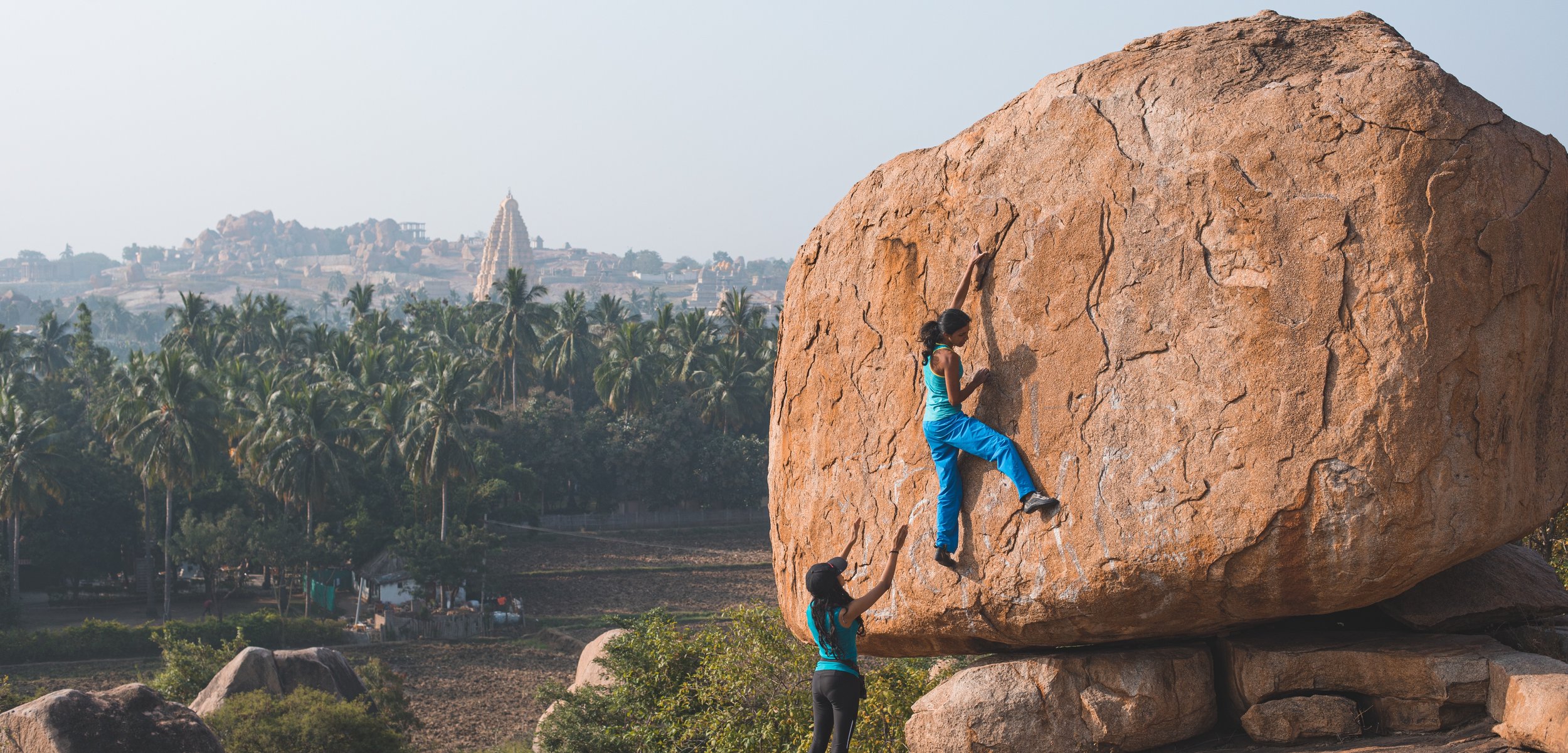Best Practices
Mitigating the Effect of Rock Climbing on Cliff Ecology
“Cliffs are complex ecosystems that are highly sensitive to human presence. Given the current climbing boom, which will continue to grow in the coming years, conservation of existing biodiversity on cliffs is more important than ever. Cliffs hold organisms that would not survive in other ecosystems, so their protection is vital for their long-term conservation. Cliff protection is, however, possible if we implement science-based regulations and if we consider the points of view of different stakeholders.”
In this chapter, cliff ecologists Felipe Morales-Armijo and Martí March-Salas share how scientists and rock climbers can collaborate to protect cliff flora. By becoming aware of the wonderful biodiversity of rocky outcrops and the value it brings to the greater ecosystem, we can all work together to better understand each cliff’s unique biodiversity context and make decisions that ensure the growth of climbing happens in an environmentally sustainable way.
MSc. Felipe Morales-Armijo
PhD student, Universidad Autónoma de Nuevo León
Chile
Dr. Martí March-Salas
Postdoctoral Researcher and Principal Investigator, Goethe University Frankfurt
Spain
Why are we collecting this information?
The Global Climbing Initiative is an international effort to unite and support the climbing community. The more we grow our network of climbers around the world, the better we will be able to serve our global community. Your information will not be sold, shared, or otherwise distributed beyond GCI. Learn more about our privacy policy at globalclimbing.org/privacy.
Translate chapter
عربي 普通话 Deutsch Español فارسی Français Ελληνικά हिन्दी Indonesian Italiano 日本語 한국어 ລາວ македонски Melayu नेपाली Português Русский язык словенечки Kiswahili ภาษาไทย Türkçe اُردُو Tiếng Việt
Don’t see your language? Click any of the links above and use the features to change the language.
Not loading? Clear your internet browser’s cache and cookies.
To support the best practices project, please consider purchasing a shirt or making a donation




